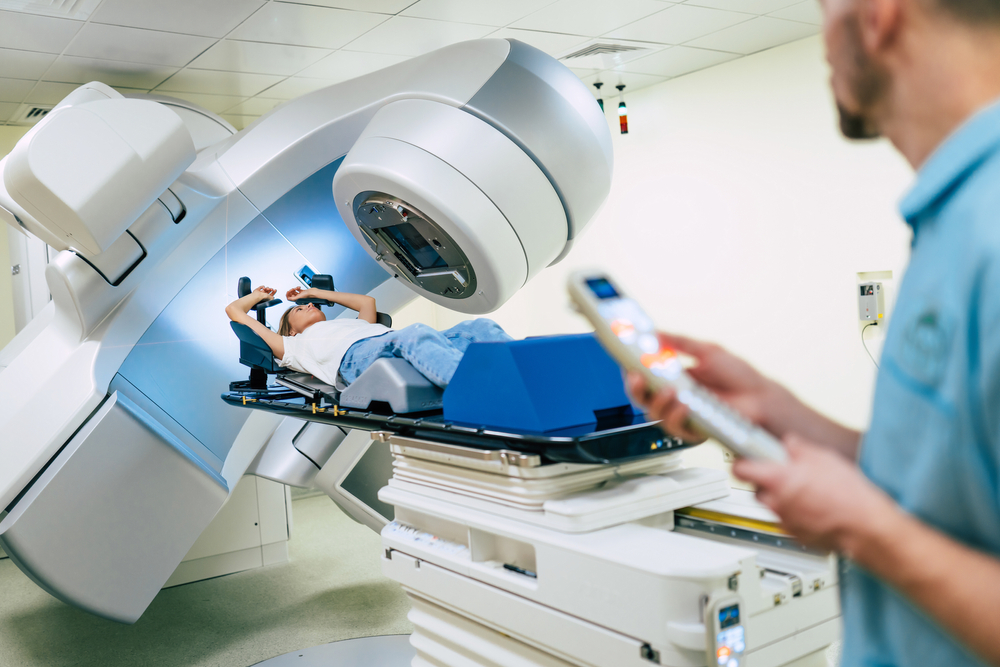The UK’s National Institute for Health and Care Excellence (NICE) is planning to integrate AI into external beam radiotherapy cancer treatment.
AI is expected to accelerate the creation of “contours,” which are outlines of tumors and organs.
Traditionally, after a CT or MRI scan, a radiographer manually contours an image to identify organs at risk of radiation, lymph nodes, and the cancer site.
The goal is to target the cancer while sparing nearby healthy cells. This will save both time and money while enabling doctors to redirect their efforts elsewhere.
However, AI technology won’t completely replace humans. NICE states, “All contours created by AI must still be reviewed by a trained healthcare professional and edited as needed before being used in radiotherapy treatment planning.” The AI-augmented process is still more time-efficient than manual contouring, even when accounting for reviews.
NICE’s independent medical technologies advisory committee found that AI-produced contours typically match the quality of those made manually, with most only requiring minor adjustments.
NHS England’s data showed there were 134,419 radiotherapy treatment episodes in England from April 2021 to March 2022.
Clinical evidence suggests potential time savings of between 3 to 80 minutes per treatment plan. NICE has forecast the following cumulative benefits:
- For a 3-minute time-saving per plan across 75,000 plans: 3,750 hours saved.
- For a 42-minute time-saving per plan across 75,000 plans: 52,500 hours saved.
- For an 80-minute time-saving per plan across 75,000 plans: 100,000 hours saved.
Sarah Byron, from NICE, said, “NHS colleagues working on the front line in radiotherapy departments are under severe pressure with thousands of people waiting for scans.”
She added, “The role imaging plays in radiotherapy treatment planning is quite pivotal, so recommending the use of AI technologies to help support treatment planning alongside clinical oversight by a trained healthcare professional could save both time and money.”
Health and Social Care Secretary Steve Barclay stated, “It’s hugely encouraging to see the first positive recommendation for AI technologies from a NICE committee, as I’ve been clear the NHS must embrace innovation to keep fit for the future.”
NICE is undertaking a comprehensive cost/benefit analysis of the AI-enhanced radiotherapy workflow over the next three years.





